Pride and Prejudice and Three Irish Surnames
One of the most popular "period" novels of all time is Jane Austen's Pride and Prejudice. Her colourful characters, searching for a perfect match, have charmed readers for generations. In this letter, we will be introduced to the Irish surnames of her best-known heroes and heroines.
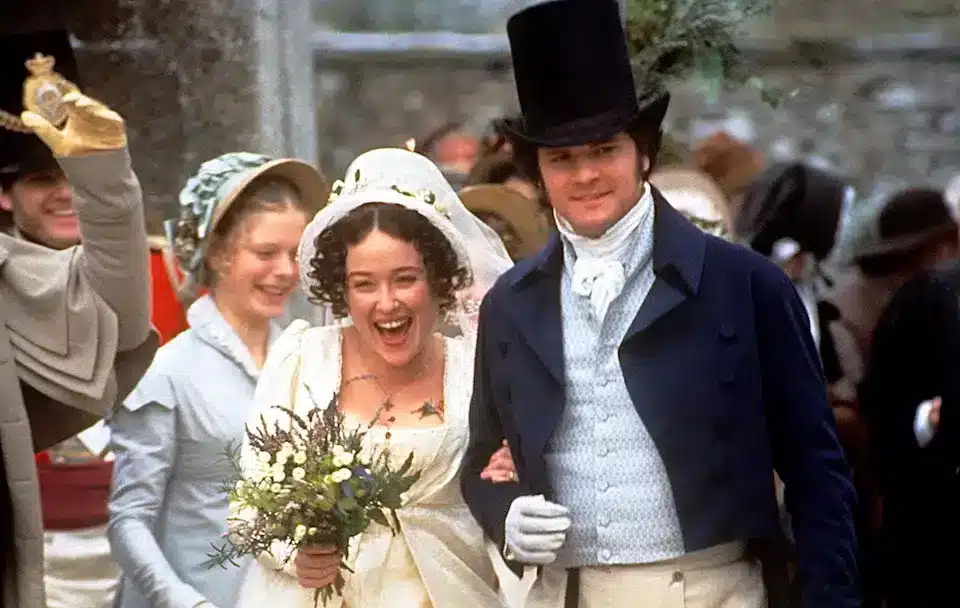
Let me ask you a question: Have you ever considered the difference between the male and female of our species? I guess that the main differences, beyond the obvious, range across a wide variety of subtleties. Take myself and Carina, for example.
We were both exposed to the prose of Jane Austen in school, through novels like “Pride and Prejudice“. In my case, the book was scanned rapidly for cliff-notes, while Carina has joyfully revisited the book and subsequent TV productions many times over.
Jane Austen, Pride and Prejudice and Four Irish Surnames.
Jane Austen published her books to great acclaim within the England of the early 1800s. Women among the landed gentry lived a restricted life that revolved around the right connections, and the correct marriage. Jane Austen managed to both expose and satirise this world with her simple plotlines and complex characters, brought to life by descriptive prose, and sparkling dialogue.
With Pride and Prejudice, we are served up the main plot ambition within the first sentence:
“It is a truth universally acknowledged, that a single man in possession of a good fortune must be in want of a wife.”
And so we are introduced to the Bennet family, and a whole host of characters. This first sentence then unwinds into a book of manners, ambition, class, the Pride of Mr. Darcy, and the Prejudice of Elizabeth Bennet.
So, do let me know if you are a fan of the writings of Jane Austen? How about the adaptations of her work? Let’s see if there is any substance in my earlier theory!
From the England of Jane Austen to Ireland.
I’m often asked “is my surname Irish or English?” – or “is my surname Irish or Scottish?” By the time Jane Austen was publishing her novels of English society, Ireland had recently joined the “United Kingdom of Great Britain and Ireland”, and the penal laws against Catholics were coming to an end.
Most Irish Gaelic names had assumed an anglicised version at this stage – many of which were “pegged” to a similar sounding English name. For example, O’Clerigh was not only anglicised to “Clery” – but also to “Clarke”. MacGabhann was being anglicised as both “McGowan” and “Smith”. Through the 1700s, there were real and tangible benefits to having an English-sounding name.
Right – let’s get specific and take four of the surnames featured in Jane Austen’s novel, Pride and Prejudice, as an example:
The Author herself: Jane Austen.
While Jane Austen herself was born, and lived, in Hampshire in the U.K. – the surname Austen/Austin appeared in Ireland for the first time about the 14th century. It is spread widely and thinly across the island – and so is hard to tie to a particular origin. Do you have any Austens in your family tree? You can see the distribution of the Austin surname in Ireland by clicking here.
The Heroine of the book: Ms. Elizabeth Bennet.
Bennett is an example of a surname that arrived to Ireland in two waves. First, there are the Bennetts who arrived in County Kilkenny in the early 1300s. As a result, the surname is quite prevalent in that area. Just a few weeks back, we visited Bennettsbridge near the town of Kilkenny – a lovely village on the River Nore.
A branch of this family headed north and became known as the MacBennetts around Counties Down, Monaghan, and Tyrone. Do you have any Bennetts in your family tree? You can see a distribution of the Bennett surname in Ireland by clicking here.
Suitor Number One: The Prideful Mr. Darcy.
The Darcy surname is quite widespread in Ireland. In the eastern half of the country – they are often the D’Arcys who arrived with the rest of the Normans from the 1100s.
However, to the west, we find them as one of the “Tribes of Galway” – where Darcy is often the anglicisation for a native Irish Gaelic name. Do you have any Darcys in your family tree? You can see a distribution of the Darcy surname in Ireland by clicking here.
Suitor Number Two: The Creepy Mr. Collins.
OK – Jane does not use the word “creepy” when describing this cleric, however she does let us know that he is:
“not a sensible man, and the deficiency of nature had been but little assisted by education or society.”
I must admit, I would have preferred a stronger character tied to our own family name!
Collins is the classic example of a name that has been “borrowed” from English, and reattached to an old Irish Gaelic name. It is one of the most numerous surnames in Ireland – found primarily in Cork and Limerick – and was used to translate the old Irish name “O Coilean”, which means a “young whelp of a dog”. Do you have any Collins’s in your family tree? You can see a distribution of the Collins surname in Ireland by clicking here.
So, you can see from these examples that when I get asked “is my surname Irish or English?”, the answer is often “it depends”! We Irish aren’t as “pure” as the we might let on – we took on many ideas, names, and spellings, down through the years and millennia – creating a real melting pot, but somehow managing to keep a strong sense of identity and heritage.
How about you? Do you wonder if certain surnames in your family tree are Irish or English?
Jane Austen died in 1817 at the young age of 41. She never visited Ireland – but her family does actually have a strong link to the island. Two of her young nieces ended up near the village of Gweedore in County Donegal, where their descendants became both Irish speakers and social reformers. I wonder if they married well? I guess that’s a story for another time.
That’s it for today – as always, do feel free to share any questions or stories of your own.
We’ll chat again next week!
Slán, Mike and Carina.

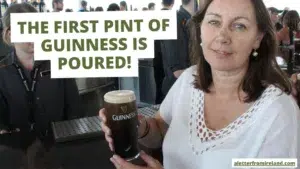
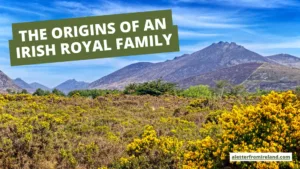
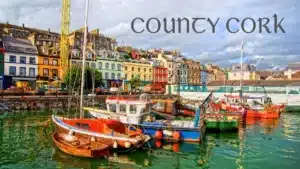
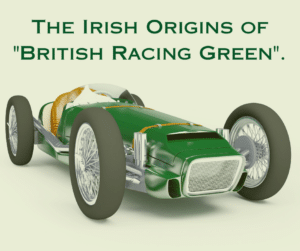

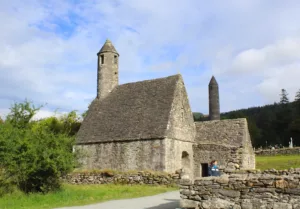
Only Plus Members can comment - Join Now
If you already have an account sign in here.